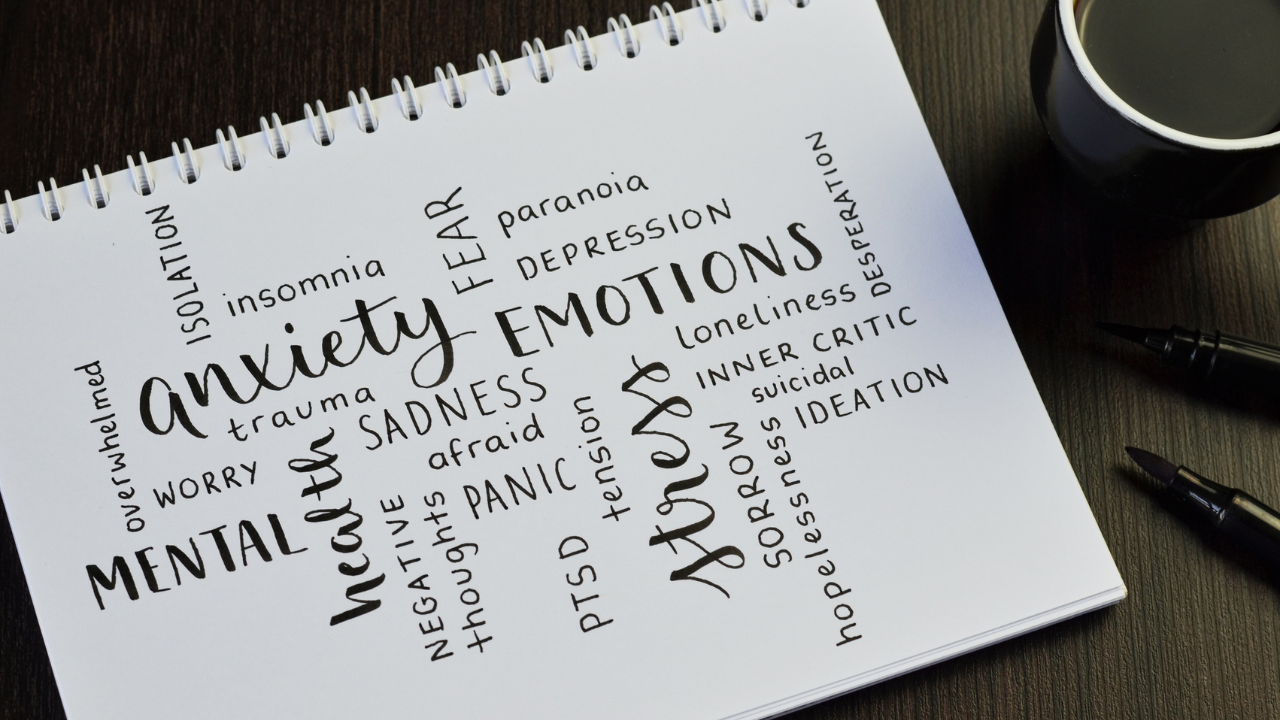What are Mood Disorders?
Mood disorders are a mental health condition that affects a person’s emotional state. These emotional states can significantly affect a person’s life, sometimes even becoming debilitating. They involve periods of depression, elevated mood, or a combination of both. Mood disorders are distinct from other mental health conditions like anxiety disorders, obsessive-compulsive disorder (OCD), and post-traumatic stress disorder (PTSD), although these conditions often co-occur with mood disorders. The good news? There is help. Most mood disorders can be treated with medications, therapy, good support, strong support networks, and self-care.
What Causes Mood Disorders?
There are many things that can cause a mood disorder.
- Biological: The brain is responsible for controlling feelings, and an imbalance of chemical messengers in the brain can cause mood disorders.
- Genetic: Genetics are responsible for passing down more than eye and hair color. If a family member has a mood disorder, it is more likely to be passed down genetically.
- Environmental: Stressful life events such as giving birth, the death of a loved one, a difficult illness (such as cancer), or a traumatic event can bring on a mood disorder such as depression.
What Types of Mood Disorders do We Treat at UC Health?
At UC Health, we specialize in treating mood disorders, focusing on depressive and bipolar spectrum illnesses. We also provide care for common psychiatric conditions that often occur alongside mood disorders.
Primary Mood Disorders:
- Major Depressive Disorder: Characterized by a persistent low mood, loss of interest or pleasure in activities, and physical symptoms such as changes in sleep, appetite, and energy. Episodes typically last for weeks or months.
- Persistent Depressive Disorder (Dysthymia): A chronic form of depression with less severe but longer-lasting symptoms, often persisting for two years or more.
- Bipolar I Disorder: Defined by episodes of mania (abnormally elevated or irritable mood and high energy) that may be accompanied by episodes of depression.
- Bipolar II Disorder: Involves patterns of depressive episodes and hypomania (less severe manic episodes), without full manic episodes.
- Cyclothymic Disorder: A milder form of bipolar disorder characterized by frequent mood swings between periods of mild depression and hypomania over an extended period.
Common Comorbid Conditions:
Although not mood disorders themselves, the following conditions frequently occur alongside mood disorders and are treated comprehensively at UC Health.
- Anxiety Disorder: Present in 50–60% of individuals with mood disorders, anxiety disorders involve excessive fear, worry, physical symptoms like sweating or nausea, and difficulty concentrating or sleeping.
- Obsessive-Compulsive Disorder (OCD): OCD involves intrusive, unwanted thoughts (obsessions) and repetitive behaviors (compulsions) performed to reduce anxiety. About 20% of individuals with mood disorders experience comorbid OCD.
- Post-Traumatic Stress Disorder (PTSD): This condition can occur after traumatic events and includes symptoms such as intrusive memories, hypervigilance, and emotional numbness. PTSD co-occurs with mood disorders in up to 40% of cases.
- Attention Deficit Hyperactivity Disorder (ADHD): ADHD is a neurodevelopmental disorder marked by impulsivity, hyperactivity, and difficulty sustaining attention. It is comorbid with mood disorders in approximately 15–20% of adults.
- Substance Use Disorders: Substance misuse occurs in about 40% of people with bipolar disorder, complicating the course and treatment of mood disorders.



